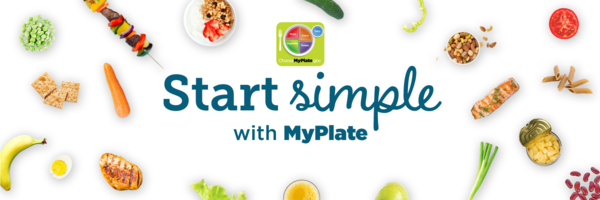The age-old saying,” When it rains it pours” is especially true when an unexpected emergency pops up- as if you had nothing better to do than fork out $500 on new tires, or visiting the doctor. Recently the Federal Reserve noted that almost half of Americans do not have $400 available in an emergency fund.
Almost HALF.
Here at
America Saves, we see that as a crisis. A SAVINGS CRISIS. We want nothing more than to have more individuals join us in our quest to
#ThinkLikeASaver and be prepared for life’s unexpected moments by having at least $500 in a savings account.
In fact, we thought of
38 Reasons Why You Should Have a $500 Emergency Fund. Consider it our “Murphy’s Law List.”
38 Reasons
- Shattered iPhone
- Computer hard drive crash (very important for the self-employed]
- Emergency visit to the dentist for a chipped tooth
- Tooth extraction for a pet
- Replace car AC (especially in hot climates)
- Replace car transmission
- Red light camera ticket
- Speeding ticket
- Replace or fix vacuum for your house
- Stove repair
- Broken refrigerator
- Broken instrument (if a child is in the band)
- Travel for unexpected loss/funeral/celebration of life
- Root canal
- Washer/dryer repair
- Airline lost your baggage –have to repurchase clothes and toiletries
- Emergency plumber for clogged plumbing line in home
- Lost or replacement of work tools
- Emergency stitches from cutting your finger while preparing dinner = trip a to the emergency room and a copay/deductible
- Work travel that you have to pay for upfront and then get reimbursed
- Electric garage door repair
- Home evasion –replacing items before insurance claims come through
- Unexpected move required for work
- Car gets towed
- Flat tire
- Missing work due to illness when you’re paid hourly and do not have sick leave/vacation/etc.
- Fender bender
- Flooded basement
- Limb/branch/tree falling on car
- Limb/branch/tree falling on house
- Replacement key fob for car
- Calling a locksmith when you’re locked out of your house
- Lost glasses (either you or your children)
- New tires
- Unexpected travel (to visit sick family member)
- Prescription costs
- Increase in utility bills
- Uniforms for kids sports or extracurricular activities
Of this list, chances are you’ve already experienced quite a few of them. And since we can’t really prevent them or know when Murphy is going to rear his ugly head, the one thing we can do is be prepared.
Saving isn’t a burden, it’s a mindset. Create a simple goal to get you to your $500 goal— one that’s feasible and sustainable. Completely cutting off all the things that make you happy in order to “save” will make saving that much harder. But, much like the
tip given by
Better Money Habits, choosing one thing to give up would be easier to stick to.
Now that you’re in the savings mindset, and ready to be prepared for whatever life throws your way, head over to take the
America Saves pledge, or
re-pledge with a new savings goal in mind.
- Written by Kia Young
- Category: Blog
-
Published: 05 August 2019










